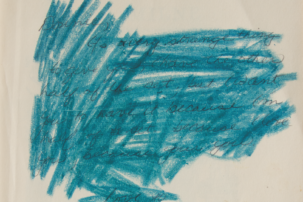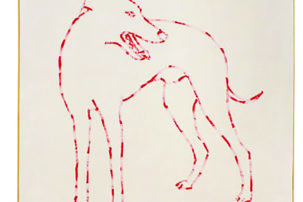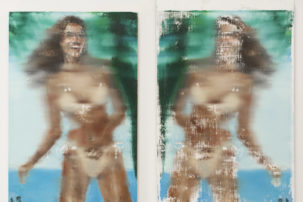Why did we decide to call it a painting?
Painting was the one art form we never quite understood. Or could never quite bring ourselves to engage with. However, we have always admired those artists who opened up possibilities by choosing to refer to their actions or activities in ways that undid or defied convention. So it was a painting. If anyone asked, we would insist. And if anyone asked why, why it was a painting and not something else, we would be forced to devise some more-than-convincing reasons.
What else would we continue to insist on? For one, that it was not the work of any one individual but rather, collectively, the work of many. Would it be an exaggeration to say it was the work of everyone? That this painting was now the work of everyone? What is important is that, through the act of composition, each and every one of our lives in some way improves. (Or we agree or are compelled to be left behind.) Such improvements, in a sense, become the very act of painting itself, in ways that prefiguratively defy any future attempts to stretch them toward the literal.
An artwork can serve many purposes, or no purpose at all, but what the world now requires is something considerably different. Everything has to change. The way we see everything and our role within it. Everything needs to change to such a degree that it is difficult to believe such changes are even possible, and it is perhaps these very changes that we have, almost temporarily, chosen to call a painting. Because
what is a painting if not a way of viewing the world,
and what is viewing the world if not an attempt to come to some more useful or compelling understanding of it?
You might have already guessed that those we refer to as painters must also include plants, animals, earth, air, water, space, stars, spirits and emotions. Many other things as well. This painting is made by painters and the painters include absolutely everyone, though (unfortunately) not everyone is writing this text. That will have to change as we continue. Or it won’t. For this text is not the painting. What is it then? We’re not quite sure. In the same way you might not be quite sure how or why you are reading it. We suppose what we are conveying here presents the reader with a choice: Will they paint or won’t they? What kind of choice is this exactly? We don’t yet know. This not-yet-knowing might have something to do with why we have chosen to call it a painting.
And when our enemies come for us, if they ever do, because our work of course leads toward a future without enemies and without violence, we will gently explain, with what might be our final words, that we mean no harm, we are only working on a painting.

